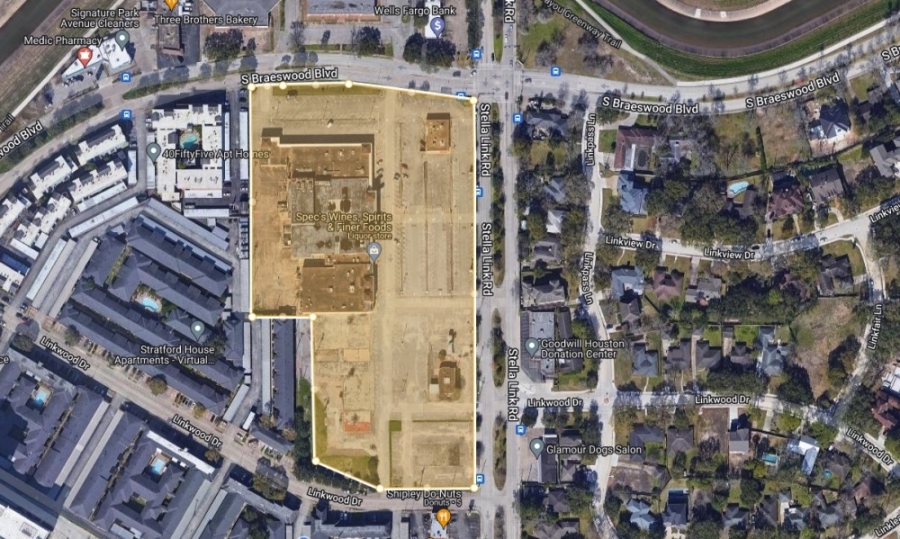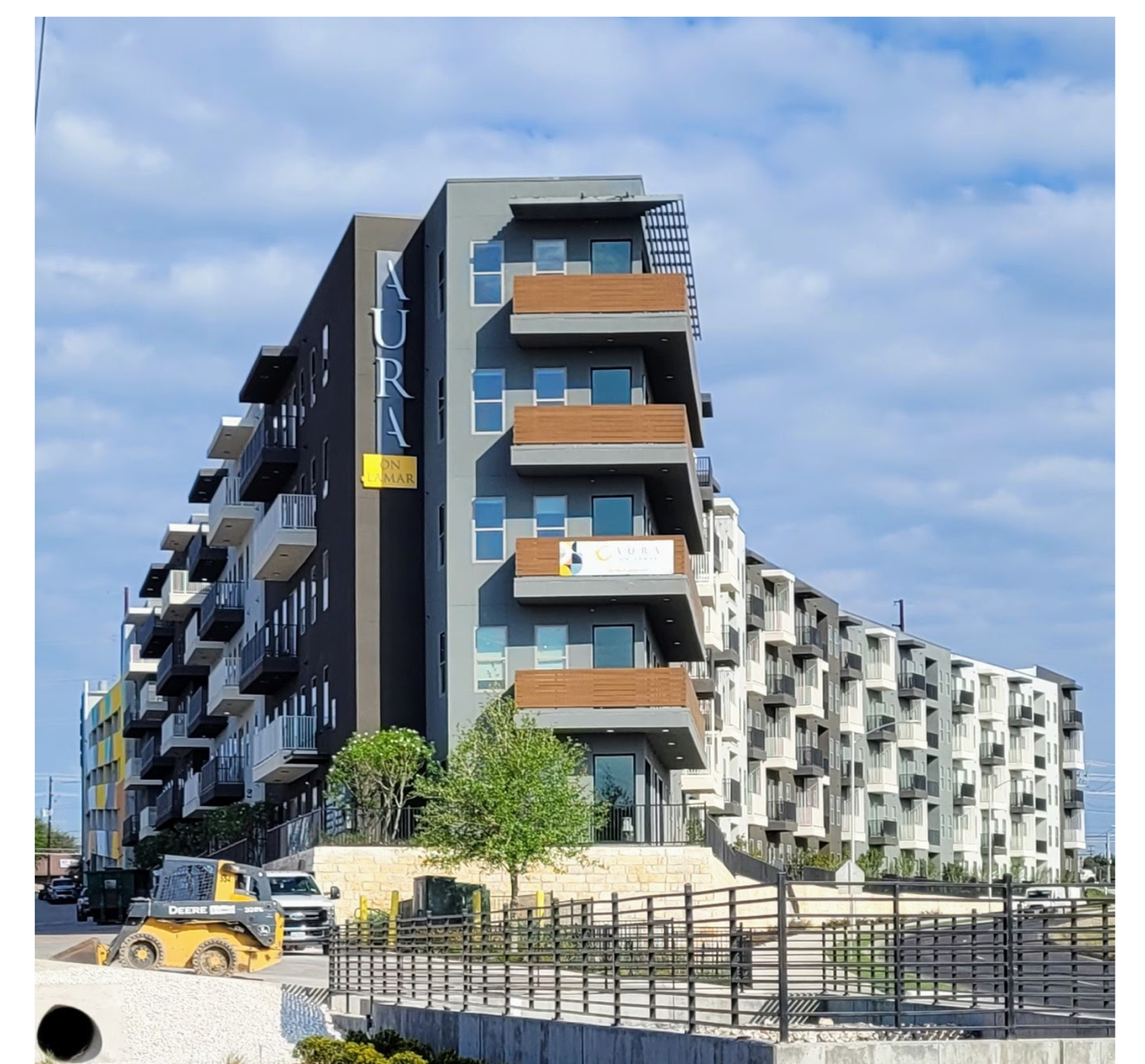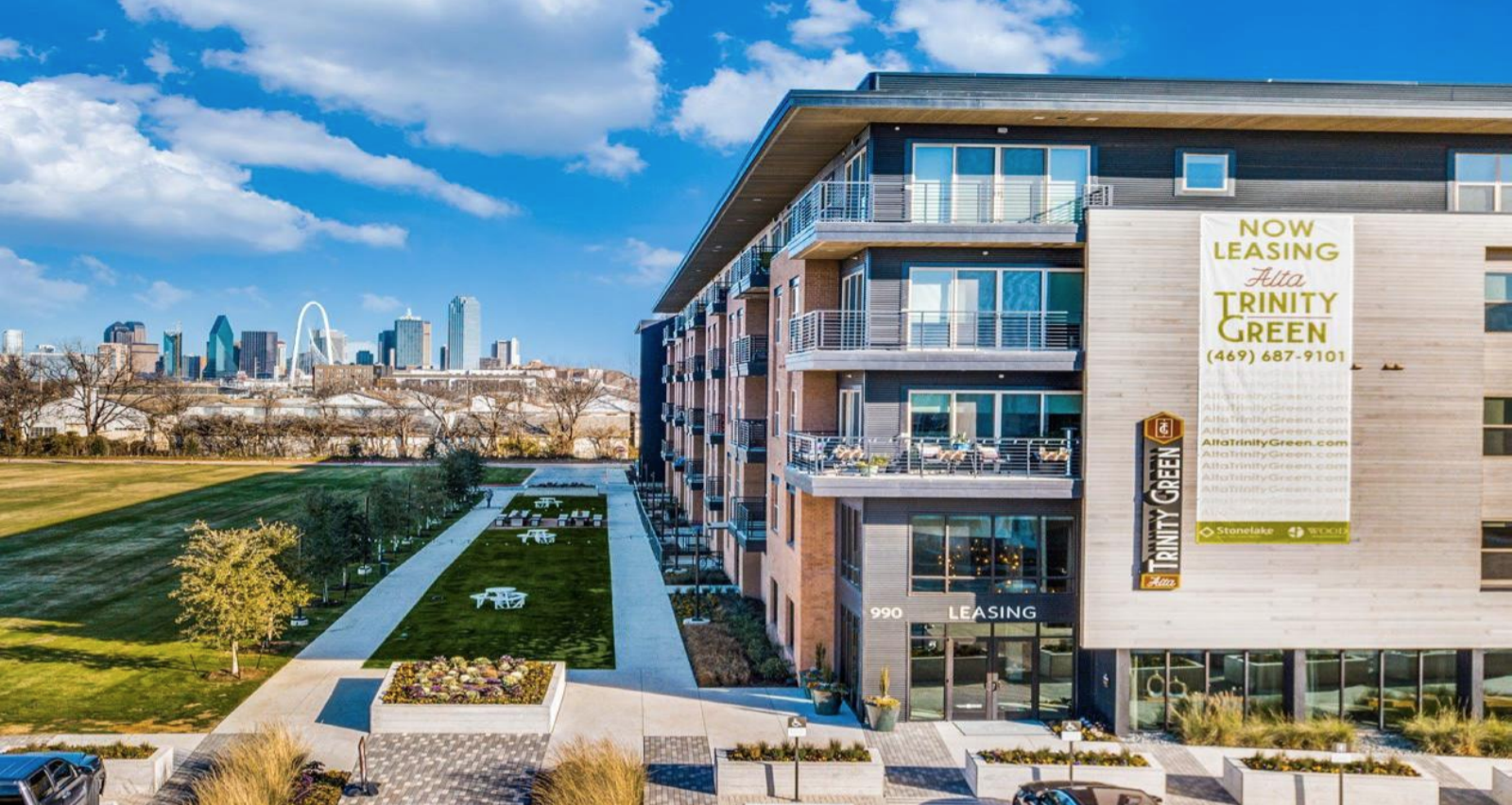Refine Your Real Estate Focal Point
Learn how refining your real estate focal point can lead to greater portfolio returns
Posts by:

Learn how refining your real estate focal point can lead to greater portfolio returns

Barvin bringing mixed-use development to former Sellers Bros. site in Braes Heights

HOUSTON-BASED BARVIN ENTERS AUSTIN MARKET, CLOSES ON THE PURCHASE OF AURA ON LAMAR

Barvin, a vertically integrated Houston-based real estate company, recently closed on the purchase of Elan Heights. The 10-story, Class A+ multifamily property includes 326 units and is located within the historic Heights neighborhood, one of Houston’s most desirable places to live.

HOUSTON-BASED BARVIN CLOSES ON THE PURCHASE OF ELAN CROCKETT ROW IN FORT WORTH

When it comes to investing in multifamily real estate, understanding a sponsor’s underwriting assumptions and having realistic values to consider is extremely important. There are a number of assumptions and forecasts built into the data that a sponsor generates to project the returns for a specific project. Let’s explore what they are and why they are important.

Multifamily investments have continued to perform relatively well throughout COVID and we predict we’ll continue to see this trend playing out over the next decade. The combination of renter demographics, low interest rates, and an expected slowdown in supply should position the asset class well moving forward.

Despite the pandemic, the multifamily sector of commercial real estate investment is showing a resilience unmatched by other asset classes.
COVID-19 and the resulting economic impact coupled with changes implemented by the Federal Reserve (FED) have led to a decline in interest rates. We believe these lower rates - along with some other factors - will increase values in multifamily real estate across various markets.

The COVID-19 pandemic has hit our economy like no other financial crisis. Millions of people have lost their jobs and businesses due to no fault of their own. Being a great chef means nothing when the municipality requires all restaurants to close.

The pandemic’s effect on the economy is very different than the 2008 financial crisis. The impact has been greater (in the short term) than most previous economic crises, but it has the potential to resolve much faster because the root cause is different. The 2008 crash was caused by high leverage and low mortgage standards in the single-family housing industry. This filtered through local economies in different ways but led to an overall reset of asset values.